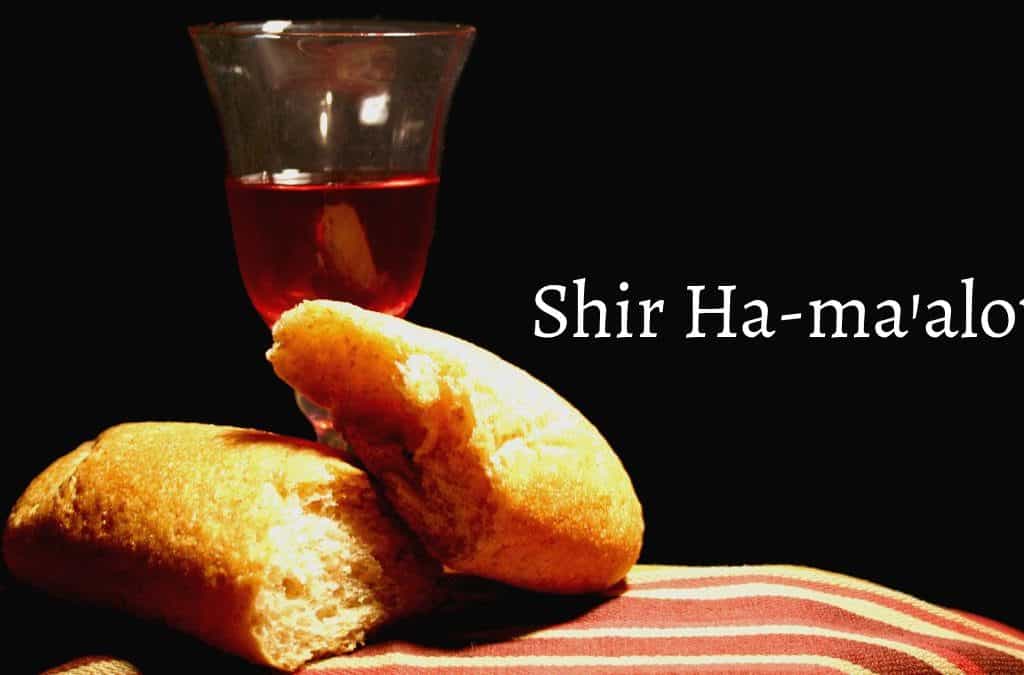“Baruch,” more than just a blessing, acknowledges God as the source of everything in Judaism. When we bless, we not only praise; we remember and thank the divine gifts that enrich our lives with meaning and connection.
Blessing after Meals: A Practice of Gratitude
Among the many blessings in Judaism, the iconic phrase “Baruch” emerges.
Although literally translated as “blessed,” we are not, as it might seem at first glance, continuously blessing God. Does the Creator need our praises?
Here lies the crux of the matter: Baruch and bereicha, meaning source (specifically where water flows), share linguistic roots.
By uttering the blessing, we acknowledge that everything in existence comes from one source: God. Therefore, it is more of an acknowledgment than a praise. It is a reminder that God is the primary source of our lives, including the food we eat.
Thus, when we say the Blessing After Meals or bentching, we are admitting and appreciating that what we consume is a divine gift. And it is this acknowledgment that fills us with joy and gratitude. But let’s clarify something:
God does not need to hear our thanks, it is we who need to express them. In this context, food becomes a bridge that connects us to the transcendent.
Connection and Gratitude: The Essence of Jewish Traditions
As Shabbat, Yom Tov, or other festivities arrive, before bentching the Shir Ha-ma’alot is sung, a psalm authored by King David that commemorates the Jewish People’s return from exile to the Promised Land. While there are traditional melodies for this, it is such a versatile hymn that if you don’t know the traditional ones, any melody that comes from your heart will suffice. After all, God understands the language of the soul and all earthly languages.
And just before this act of gratitude, a small ceremony takes place: Maim Achonim, the washing of the fingertips. Imagine approaching an object of immense value: a piece of art, a newborn…
Before touching it, you make sure your hands are clean. Thus, with Maim Achonim, we recognize that before connecting and thanking God, we need to purify ourselves.
In this simple yet profound tradition, one can see the essence of humanity: to recognize, thank and connect. And, although there are specific utensils for the ceremony, its true value lies in the act, not in the object.
Because, at the end of the day, all that is required is a glass, water and a heart willing to give thanks.





